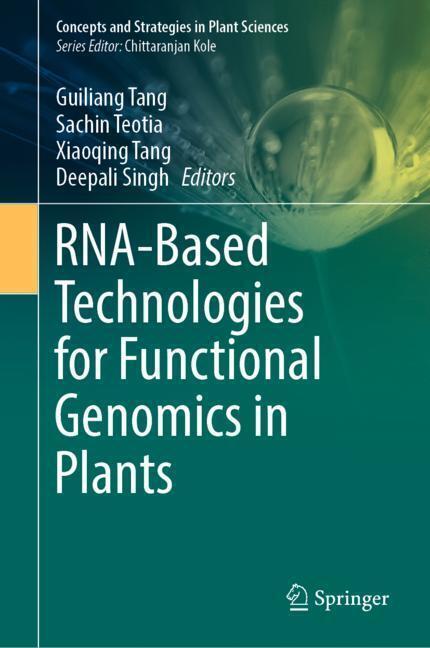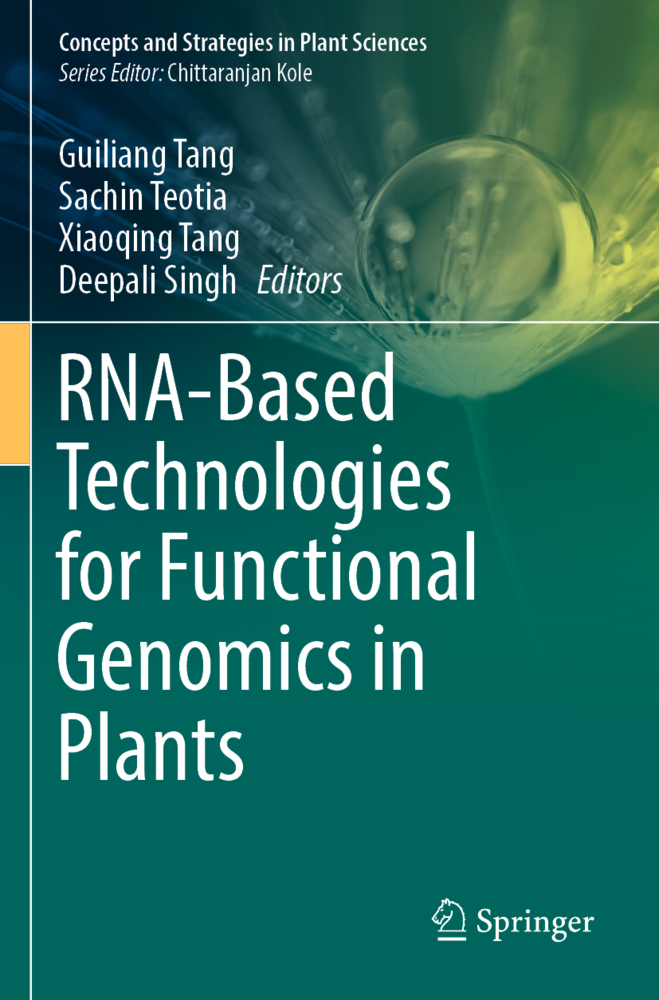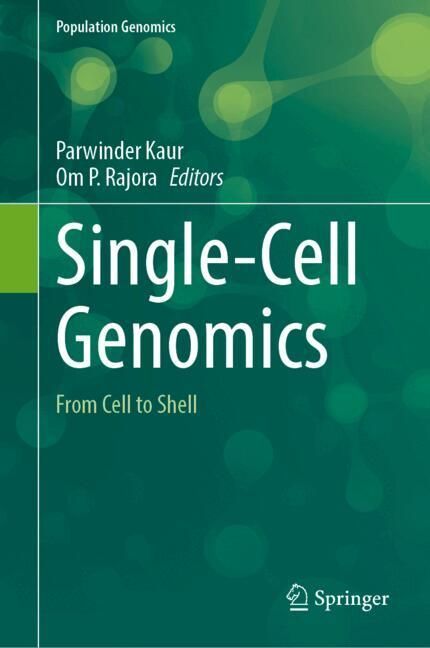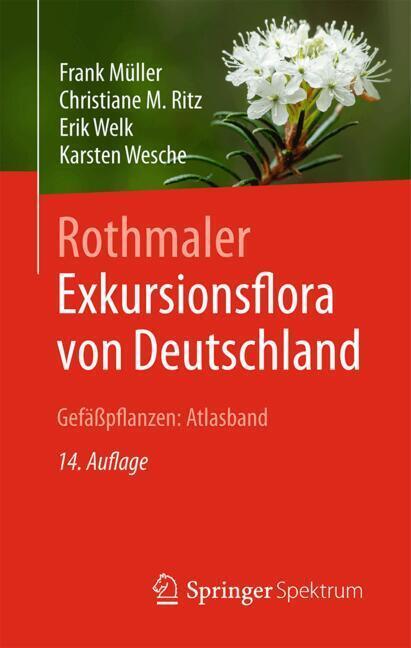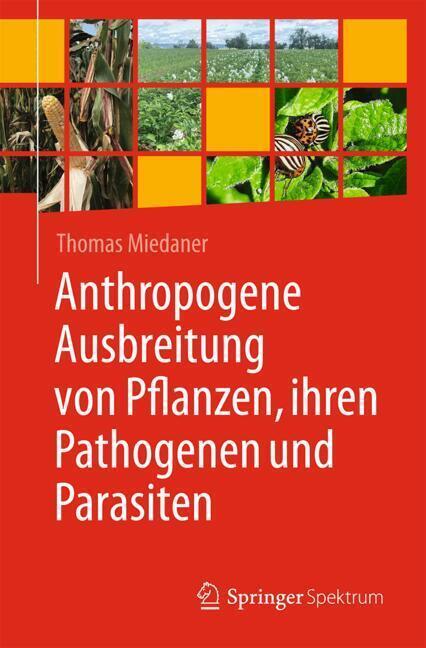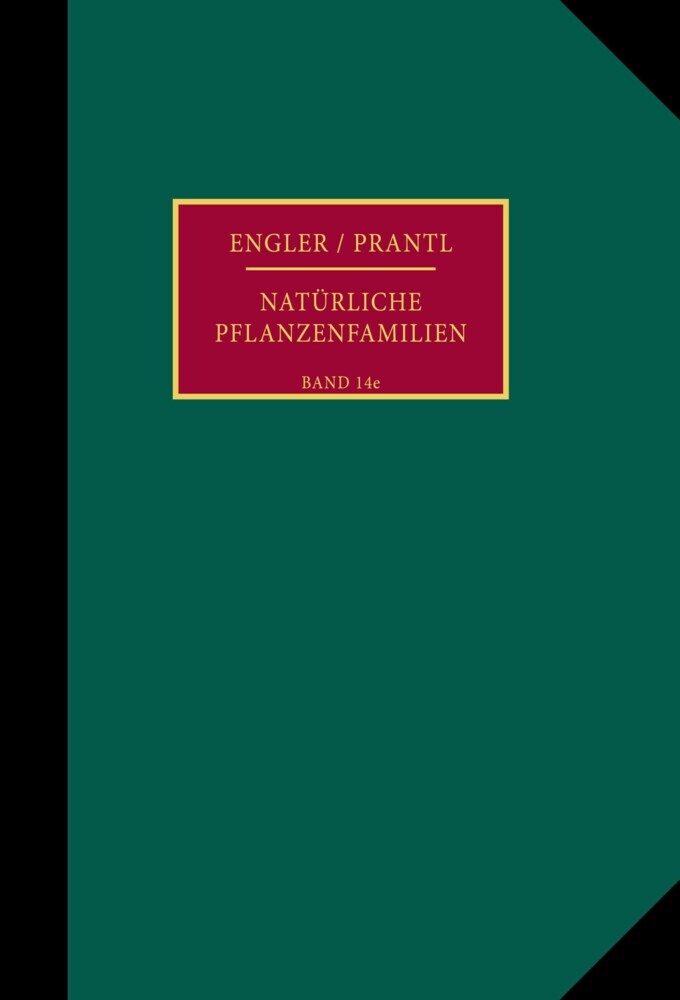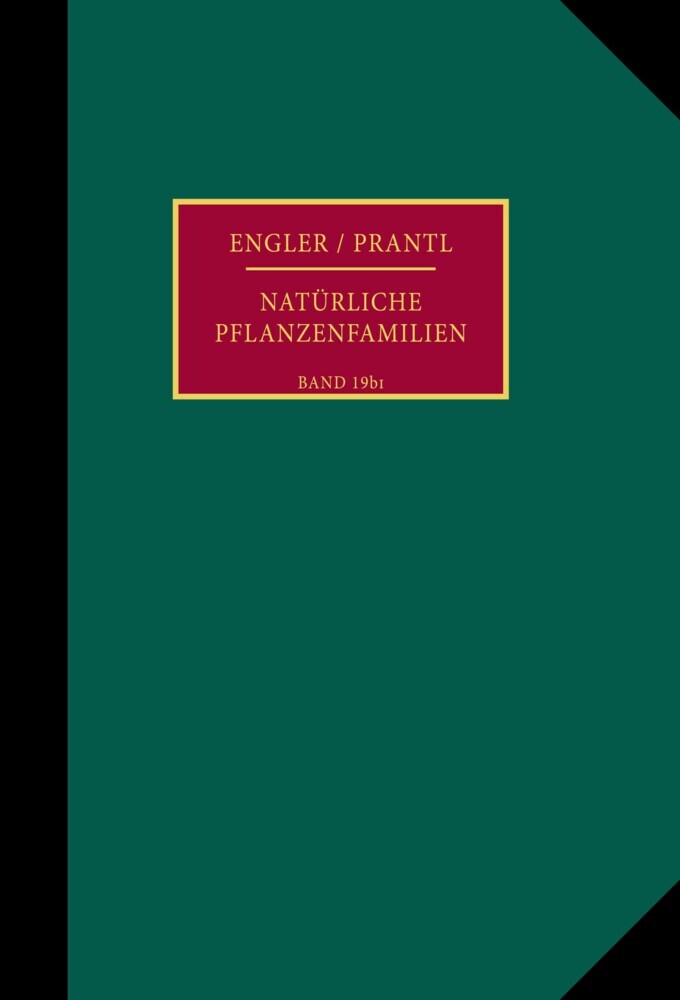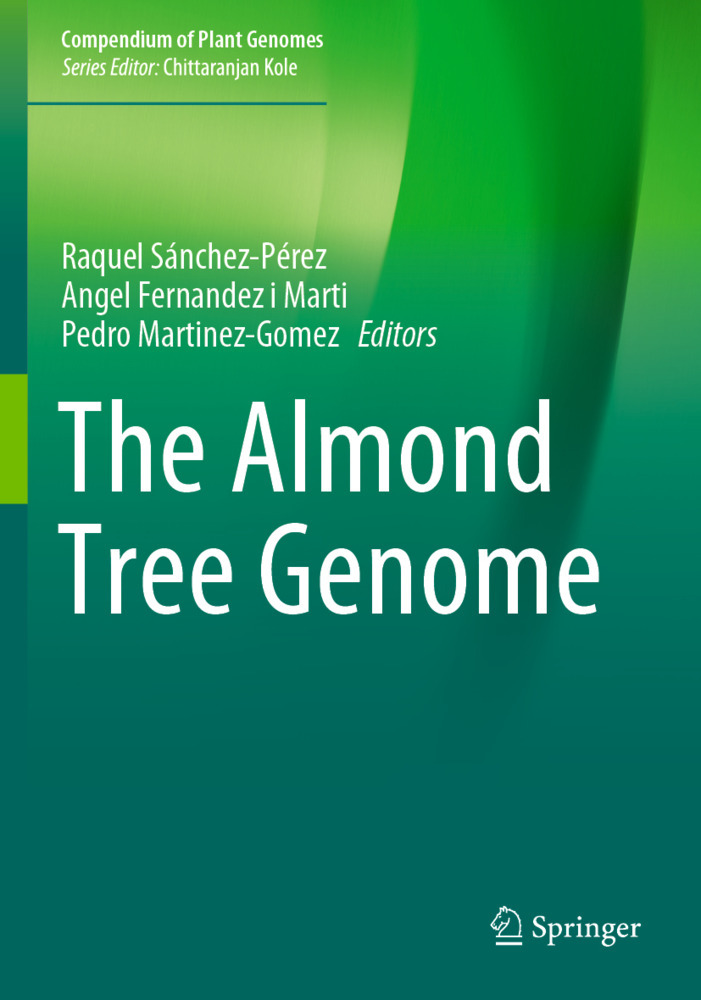RNA-Based Technologies for Functional Genomics in Plants
This book offers a unique and comprehensive overview of key RNA-based technologies, as well as their development and applications for the functional genomics of plant coding and non-coding genes. It focuses on the latest as well as classical RNA-based techniques used for studies on small RNAs, long non-coding RNAs and protein-coding genes. These techniques chiefly focus on target mimics (TMs) and short tandem target mimics (STTMs) for small RNAs, and artificial microRNAs (amiRNAs), RNA interference (RNAi) and CRISPR/Cas for genes. Furthermore, the book discusses the latest trends in the field and various modifications of the above-mentioned approaches, and explores how these RNA-based technologies have been developed, applied and validated as essential technologies in plant functional genomics. RNA-based technologies, their mechanisms of action, their advantages and disadvantages, and insights into the further development and applications of these technologies in plants are discussed. These techniques will enable the users to functionally characterize genes and small RNAs through silencing, overexpression and editing. Gathering contributions by globally respected experts, the book will appeal to students, teachers and scientists in academia and industry who are interested in horticulture, genetics, pathology, entomology, physiology, molecular genetics and breeding, in vitro culture & genetic engineering, and functional genomics.
Prof. Dr.Guiliang Tang is a professor in department of Biological Sciences, Michigan Technological University, U.S.A. He conducted his graduate research at the Weizmann Institute of Sciences, Israel. He then moved to the laboratory of Dr. Phillip D. Zamore at the University of Massachusetts Medical School for his post-doctoral research on plant RNAi and miRNA pathways. Currently, Prof. Tang focuses on five general fields: (1) Plant and animal gene silencing using amiRNAs and trans-acting siRNAs and STTMs for functional genomics of protein-coding genes and small RNAs and their related functional gene discoveries, (2) Development of plant dominant mutant resource for plant gene discoveries, (3) miRNA evolution, bioinformatics, designing and experimental testing, (4) miRNA profiling, functions, and regulation of target gene expression, and (5) Plant abiotic stresses. He developed STTM technology in his lab which is used world-wide to downregulate miRNAs in various crops. He also developed a new vector system for two-hit amiRNA technology to downregulate any gene or overexpress any endogenous miRNA in any plant species.
Dr. Sachin Teotia is an associate professor in department of Biotechnology, Sharda University, India. He did his Ph.D. from Ohio State University, Columbus, USA. He did his postdoctoral work at Michigan Technological University, USA. He has an extensive training and experience of working in the field of plant developmental and stress biology using molecular and biochemical tools, including miRNAs and artificial miRNAs, as evident by the publications record. He worked on application of STTMs in Arabidopsis and rice for functional interrogation of many miRNAs. He also worked on two-hit amiRNA technology and its various applications. His current work focuses on functional genomics using amiRNA- and CRISPR/Cas-based modulation of gene expression controlling key traits in selected crop plants. Dr. Xiaoqing Tang is an associate professor in department of Biological Sciences, Michigan Technological University, U.S.A. She did her Ph.D. from Weizmann Institute of Science, Israel, 2003. She has been involved in the characterization of miRNAs in control of insulin production and secretion in pancreatic beta cells. She successfully developed a high-throughput miRNA array technology for the study of miRNAs in human and mouse tissues. Her research involves identification and characterization of type-2 diabetes-associated miRNAs by high-throughput profiling of miRNA expressions using a diabetic mouse model. Furthermore, she is working to find miRNAs as diagnostic biomarkers for diabetes and develop novel miRNA drugs for the therapeutic treatment of diabetes. Dr. Deepali Singh is an assistant professor in school of Biotechnology, Gautam Buddha University, India. She achieved her doctoral degree from Delhi University, India. She did her postdoctoral work at The Ohio State University, Columbus, USA. She got trained in studying RNA-protein interactions of RNase P. She also studied RNA structure of the retroviral post transcriptional element and its role in regulating viral transcription and translation. She has an extensive training and experience of about two decades of working in plant molecular biology and biotechnology. Her current research interests lie in the field of genomics and genome engineering for studying plant-pathogen interactions.
Prof. Dr.Guiliang Tang is a professor in department of Biological Sciences, Michigan Technological University, U.S.A. He conducted his graduate research at the Weizmann Institute of Sciences, Israel. He then moved to the laboratory of Dr. Phillip D. Zamore at the University of Massachusetts Medical School for his post-doctoral research on plant RNAi and miRNA pathways. Currently, Prof. Tang focuses on five general fields: (1) Plant and animal gene silencing using amiRNAs and trans-acting siRNAs and STTMs for functional genomics of protein-coding genes and small RNAs and their related functional gene discoveries, (2) Development of plant dominant mutant resource for plant gene discoveries, (3) miRNA evolution, bioinformatics, designing and experimental testing, (4) miRNA profiling, functions, and regulation of target gene expression, and (5) Plant abiotic stresses. He developed STTM technology in his lab which is used world-wide to downregulate miRNAs in various crops. He also developed a new vector system for two-hit amiRNA technology to downregulate any gene or overexpress any endogenous miRNA in any plant species.
Dr. Sachin Teotia is an associate professor in department of Biotechnology, Sharda University, India. He did his Ph.D. from Ohio State University, Columbus, USA. He did his postdoctoral work at Michigan Technological University, USA. He has an extensive training and experience of working in the field of plant developmental and stress biology using molecular and biochemical tools, including miRNAs and artificial miRNAs, as evident by the publications record. He worked on application of STTMs in Arabidopsis and rice for functional interrogation of many miRNAs. He also worked on two-hit amiRNA technology and its various applications. His current work focuses on functional genomics using amiRNA- and CRISPR/Cas-based modulation of gene expression controlling key traits in selected crop plants. Dr. Xiaoqing Tang is an associate professor in department of Biological Sciences, Michigan Technological University, U.S.A. She did her Ph.D. from Weizmann Institute of Science, Israel, 2003. She has been involved in the characterization of miRNAs in control of insulin production and secretion in pancreatic beta cells. She successfully developed a high-throughput miRNA array technology for the study of miRNAs in human and mouse tissues. Her research involves identification and characterization of type-2 diabetes-associated miRNAs by high-throughput profiling of miRNA expressions using a diabetic mouse model. Furthermore, she is working to find miRNAs as diagnostic biomarkers for diabetes and develop novel miRNA drugs for the therapeutic treatment of diabetes. Dr. Deepali Singh is an assistant professor in school of Biotechnology, Gautam Buddha University, India. She achieved her doctoral degree from Delhi University, India. She did her postdoctoral work at The Ohio State University, Columbus, USA. She got trained in studying RNA-protein interactions of RNase P. She also studied RNA structure of the retroviral post transcriptional element and its role in regulating viral transcription and translation. She has an extensive training and experience of about two decades of working in plant molecular biology and biotechnology. Her current research interests lie in the field of genomics and genome engineering for studying plant-pathogen interactions.
Tang, Guiliang
Teotia, Sachin
Tang, Xiaoqing
Singh, Deepali
| ISBN | 9783030649944 |
|---|---|
| Artikelnummer | 9783030649944 |
| Medientyp | E-Book - PDF |
| Copyrightjahr | 2021 |
| Verlag | Springer-Verlag |
| Umfang | 428 Seiten |
| Sprache | Englisch |
| Kopierschutz | Digitales Wasserzeichen |

